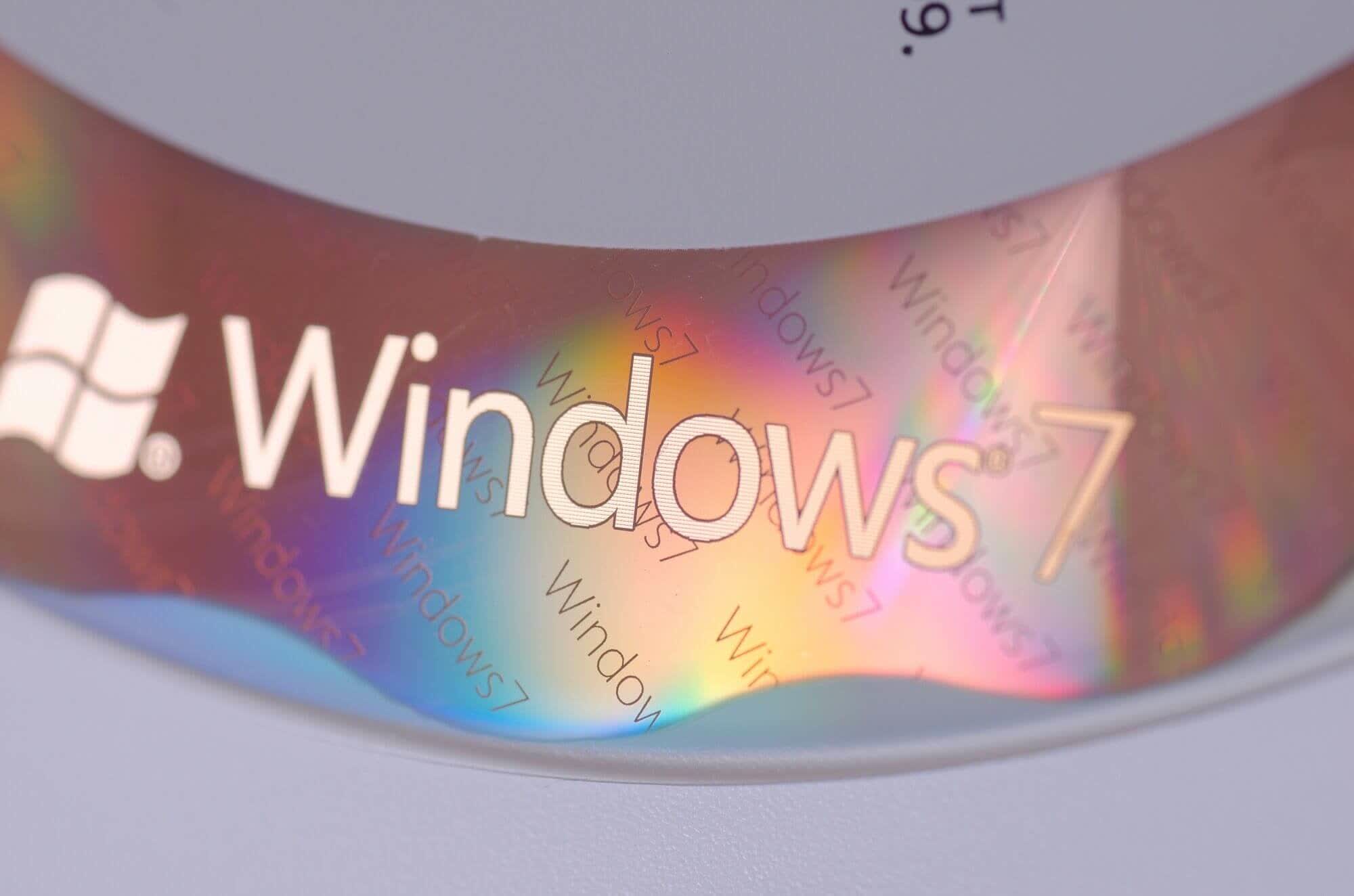The big picture: Released in 2009 and 2012, respectively, Windows 7 and Windows 8 had polar opposite receptions from consumers. The former was viewed on the same level as XP, whereas users viewed the latter as a major flop. Sadly, support for both operating systems officially ends next month.

The year is 2009. Nvidia's GTX 295 was ruling the graphics card market, Apple had recently released the iPhone 3G, and Microsoft had announced its newest operating system, Windows 7, to high amounts of consumer praise. Users finally felt like a suitable upgrade from Windows XP had arrived, and within two years, roughly 45 percent of PC owners had installed Windows 7 on their machines.
Fast forward three years, and along comes Windows 8. In case you've forgotten, Windows 8 launched without a start menu, instead focusing on a new, "modern" full screen tile design. To put its reception in context, Windows 8 barely gained a sliver of market share more than two years after its release.
Following massive negative response from users, Microsoft released Windows 8.1 just a year later. While the Windows 8.1 update improved the OS, the stigma surrounding Windows 8 remained. Windows 8.1 never gained more than 20 percent of the overall Windows market share, while Windows 7 and Windows 10 both managed higher adoption rates in only eight months.
Source: StatCounter Global Stats - Windows Version Market Share
Microsoft offers two levels of support for its operating systems — "mainstream" and "extended."
Windows 7's mainstream support ended in January 2015, whereas its extended support ceased in January 2020. However, since Windows 7 still held nearly 25 percent of Windows installs, Microsoft offered an additional three years of support for a hefty fee.
Those additional years end on January 10, 2023, when the operating system will no longer receive updates. Meanwhile, for Windows 8, mainstream support ended in January 2018. Likewise, its extended support also ends on January 10, 2023.
Additionally, Microsoft recently announced that Microsoft Edge will no longer receive updates on both Windows 7 and Windows 8 platforms after January 12, 2023. Microsoft's Webview2, a tool that allows Edge to display web pages outside of the browser, also loses support following that date.
Microsoft is not alone in abandoning the outdated operating systems. In October, Google stated it would no longer support Chrome for Windows 7 and Windows 8.1 after January 2023.
Overall, it is sad to see such a legendary operating system like Windows 7 finally arrive at its sunset. Users appear to be happy enough with it that even 13 years after launch, Windows 7 still holds a market share of over 10 percent. Windows 8, not so much, with only 2.5 percent as of November 2022.
https://www.techspot.com/news/96941-official-support-both-windows-7-8-ends-january.html